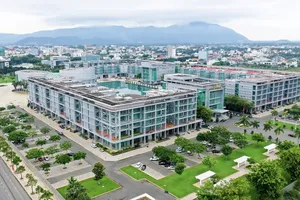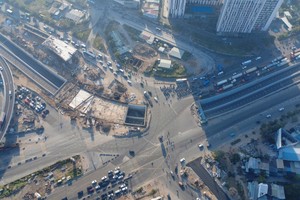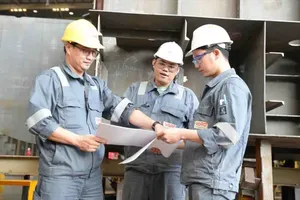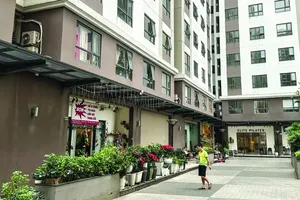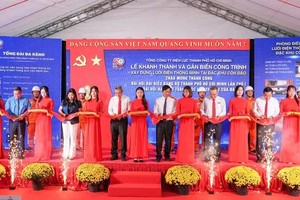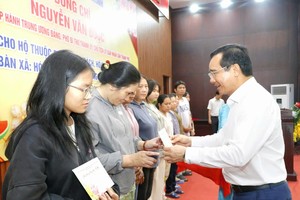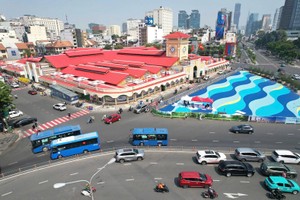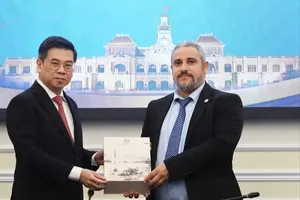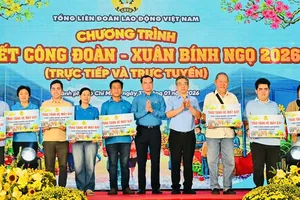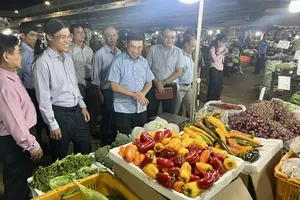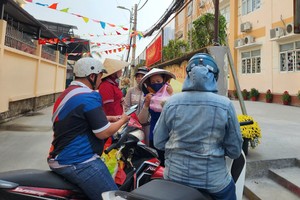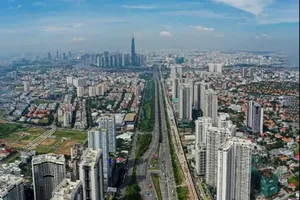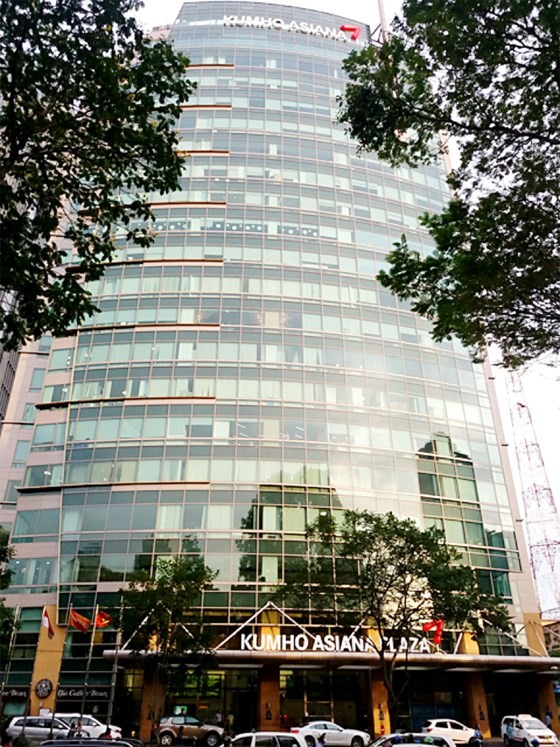
According to statistics from the Ministry of Planning and Investment, foreign direct investment (FDI) capital in the real estate market was estimated to reach US$1.3 billion in 2016. Since early 2017, the field has continued receiving a huge FDI volume through big M&A deals. In January, it reached $297.4 million accounting for 21.2 percent of total FDI capital.
Foreign investors have mainly poured capital in the real estate market through joint ventures with local companies who have available land fund.
Among big deals, Thai Hemarai Land & Development Group and Civil Engineering Construction Corporation No. 4 have established a joint venture to develop an industrial zone worth $1 billion over 3,200 hectares in Nghe An province.
Japanese Aeon Mall Group has worked with Vietnamese BIM Group to develop the second commerce center of Aeon worth $200 million in Hanoi over 16.7 hectares. China Fortune Land Development Group has purchased shares in 198.5 hectare Lotus Dai Phuoc project in Dong Nai province of VinaCapital at the price of US$65.3 million. Son Kim Investment and Development Group has successfully mobilized $100 million from Japanese investors for a local project.
In HCMC, Nam Long Joint Stock Company has raised 50 percent of $348 million for 40 hectare Mizuki project in Binh Chanh district through joint ventures with Hankyu Realty and Nishi Nippon Railroad.
Previously, the company has mobilized nearly VND10 trillion (US$440 million) from Japanese investors to develop two property projects Kikyo Residence and Fuji Residence in District 9.
Recently, Hongkong Land Group has coordinated with HCMC Infrastructure Investment Joint Stock Company to develop a 9.6 hectare project in Thu Thiem new urban area, District 2.
A Japanese investor has bought 70 percent of the ownership right of A&B office building in District 1, HCMC. Singaporean Keppel Land Group has increased share capital at Saigon Centre project, District 1 to gradually acquire the entire project.
CapitalLand has purchased a 0.6 hectare land lot in downtown HCMC to build a commercial and office building complex. Singaporean Mapletree Group has bought Kumho Asiana Palaza in District 1.
Ms. Nguyen Thi My Phuong, director of Tien Phuoc Real Estate Company, said that Vietnamese businesses’ advantage is that they have a thorough grasp of local market and legal procedures and have land fund while foreign companies have strengths in finance and project development. So joint ventures help both sides promote strengths of each other to compete in the market.
That is why M&A market has been noisy and expected to erupt in the upcoming time, says Ms. Phuong.
Mr. Stephen Wyatt, director of Jones Lang Lasalle Vietnam (JLL), said that foreign investors have poured billions of US dollar in the Vietnamese market. Notably, M&A activities have no longer taken place in one segment but many different segments such as housing, office for lease, hotels and industrial parks.
Instead of doing procedures to hire land amid narrowing land fund in big cities, foreign investors usually choose joint ventures or purchase projects from local firms. With the developing market like Vietnam, it is important to quickly own land plots to disburse investment capital before rivals.
Foreign investors are now in the tendency of transferring M&A operations into commercial projects, focusing on high class office buildings because they have found that office rent in Vietnam is much higher than countries in the region due to a supply shortage.
In addition, they also pay special heed to hotel projects, added Mr. Stephen Wyatt.
Estimating the real estate market, market research experts said that Vietnam is strongly drawing attention from investors in the region so M&A activities might reach a new record in 2017 and 2018.

